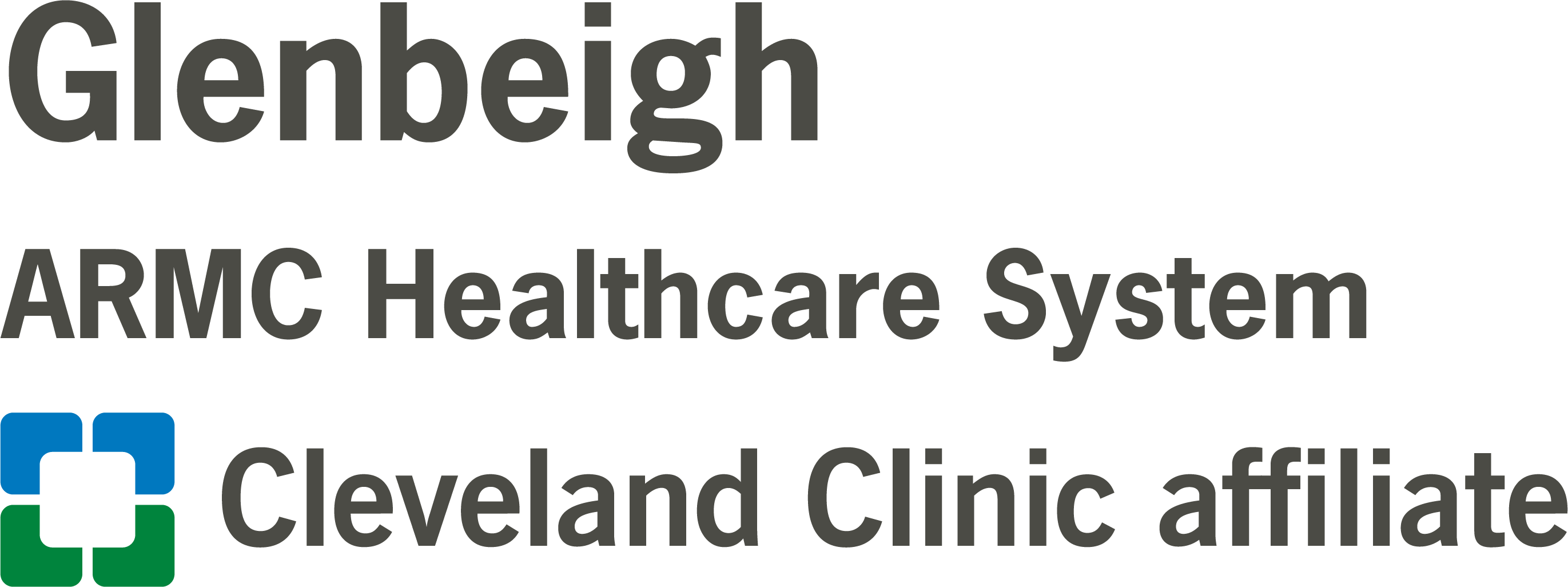Glenbeigh and Biomotivate, a Pittsburgh-based company affiliated with Carnegie Mellon University, the University of Pittsburgh and Duquesne University, recently completed their first year of collaboration on a research study funded by the National Institutes of Health (NIH). Funding was provided through the National Institute on Drug Abuse (NIDA) as part of the NIH HEAL (Helping to End Addiction Long-term) Initiative. The study is part of Biomotivate's Project Motivate, where the goal is to create a digital motivation and prediction platform to improve treatment retention and reduce relapse in people with opioid use disorder.
Over 50 Glenbeigh patients volunteered to use technology devices, such as wrist wearables, and participate in interviews with the research team. The study resulted in the creation of an algorithm that can predict the likelihood that a patient is at risk of early departure from addiction treatment, as well as a dashboard tool that Glenbeigh staff members may use to gain insights about the emotional patterns of their patients.
Glenbeigh continues to work with Biomotivate to explore and conduct pioneering research that uses advanced technology to improve addiction treatment. Plans for 2022/2023 include testing positive visualizations with virtual reality devices to help patients cope with urges and cravings, exploring ways to enhance eye movement desensitization and reprocessing (EMDR) treatment, and conducting a second phase of Project Motivate that will test the clinical effectiveness of the tools developed in the first phase of research.
